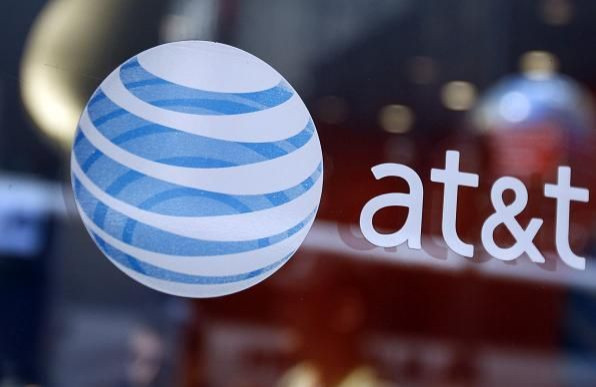AT&T Net Neutrality Fallout? Fiber-Optic Plans On Hold Following Obama Proposal

If you hate the idea of Internet “fast lanes,” how do you feel about no lanes at all? Two days after President Obama laid out his proposal for preserving net neutrality, AT&T Inc. said it will delay plans to lay down fiber-optic networks in 100 U.S. cities until federal regulators decide if they are going to reclassify broadband Internet as a utility.
Speaking at an investor conference in New York Wednesday, Randall Stephenson, AT&T’s chief executive, said it was “prudent” to pause the capital investments in light of uncertainty surrounding the future rules under which the industry will be regulated.
“We are now starting infrastructure projects that we don’t have any clarity or line of sight, in terms of what rules those will be governed under,” Stephenson said, according to Bloomberg.
AT&T’s fiber-optic service is already available in Dallas, Fort Worth and San Antonio, Texas. The company had been planning to deploy high-speed Internet lines in 100 additional cities, with Los Angeles, San Francisco and Cleveland being among the first.
On Monday, the president sparked anxiety throughout much of the telecom and cable industries with a statement calling on the Federal Communications Commission to adopt a set of rules he said will ensure the protection of net neutrality -- the principle that all online traffic should be treated equally by Internet service providers.
Most notably, the president expressed support for reclassifying broadband as a utility under Title II of the Communications Act of 1934 -- a move that would subject ISPs to stricter government regulations. In a statement posted to the White House website, Obama contended that the plan, if instituted carefully, “shouldn’t create any new burden for Internet service providers.”
AT&T had already come out against the plan, calling it “a mistake.” The company, meanwhile, is seeking regulatory approval for its proposed $48.5 billion takeover of DirecTV.
The FCC operates independently and is not obligated to follow through with the president’s proposal.
Christopher Zara is a senior reporter who covers media and culture. Got a news tip? Email me here. Follow me on Twitter @christopherzara.
© Copyright IBTimes 2024. All rights reserved.





















